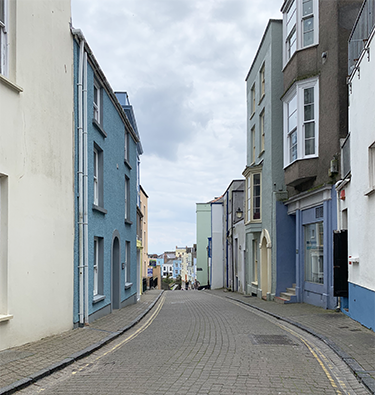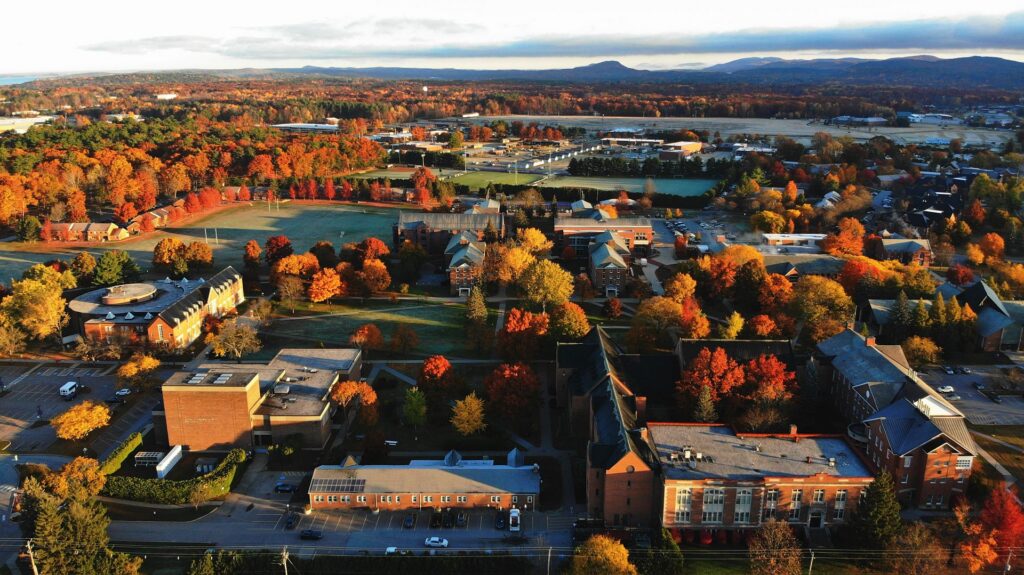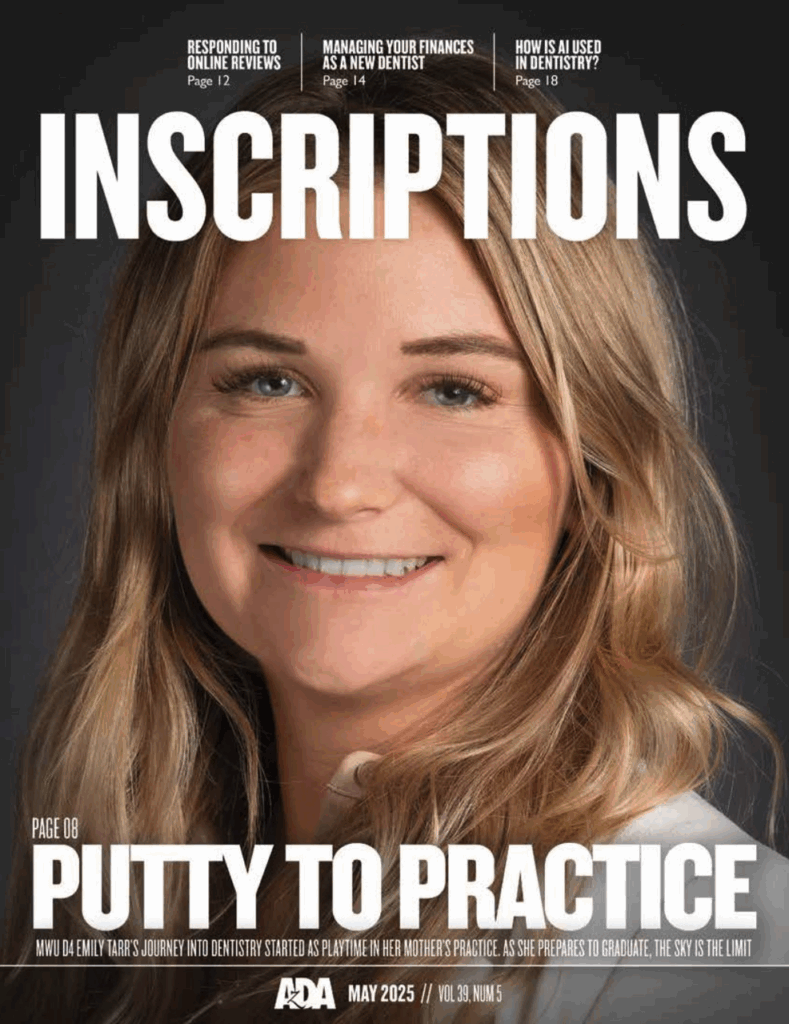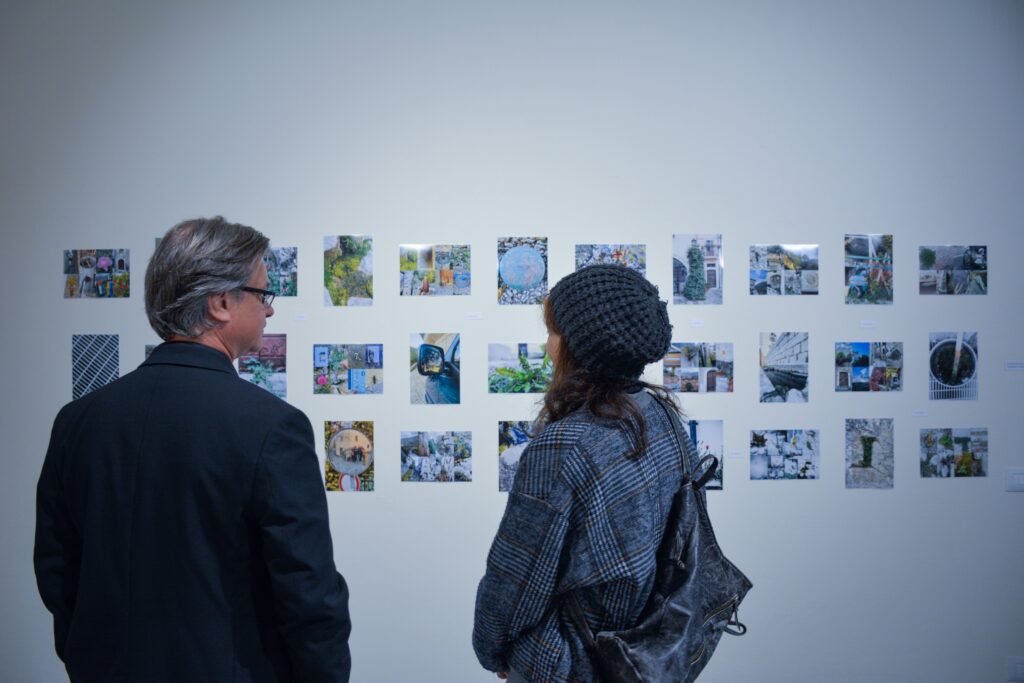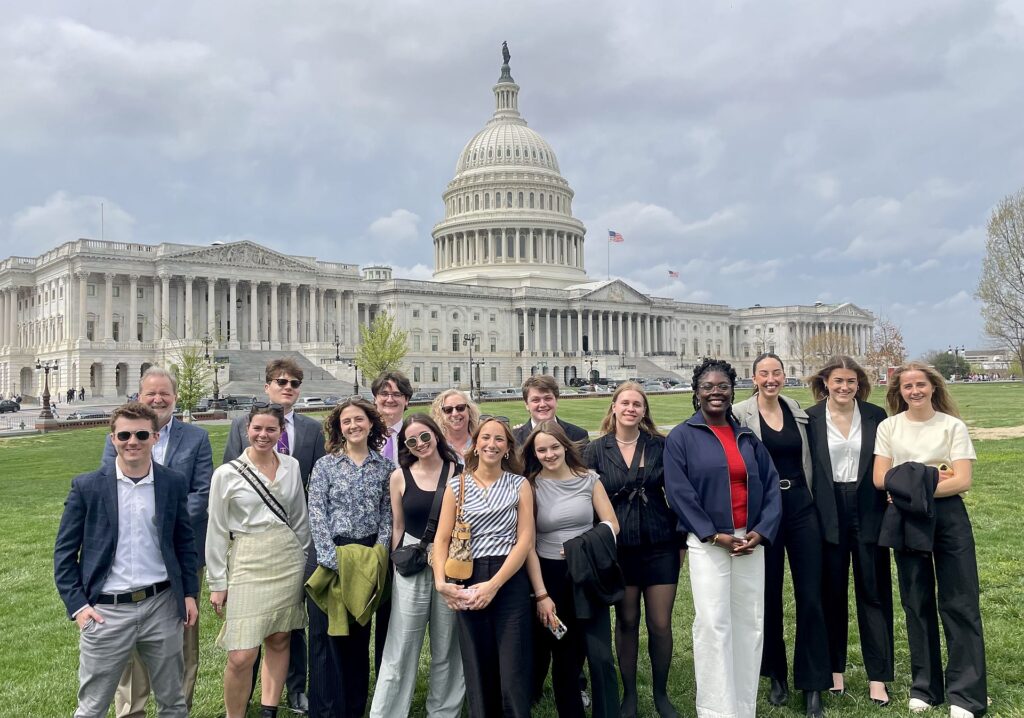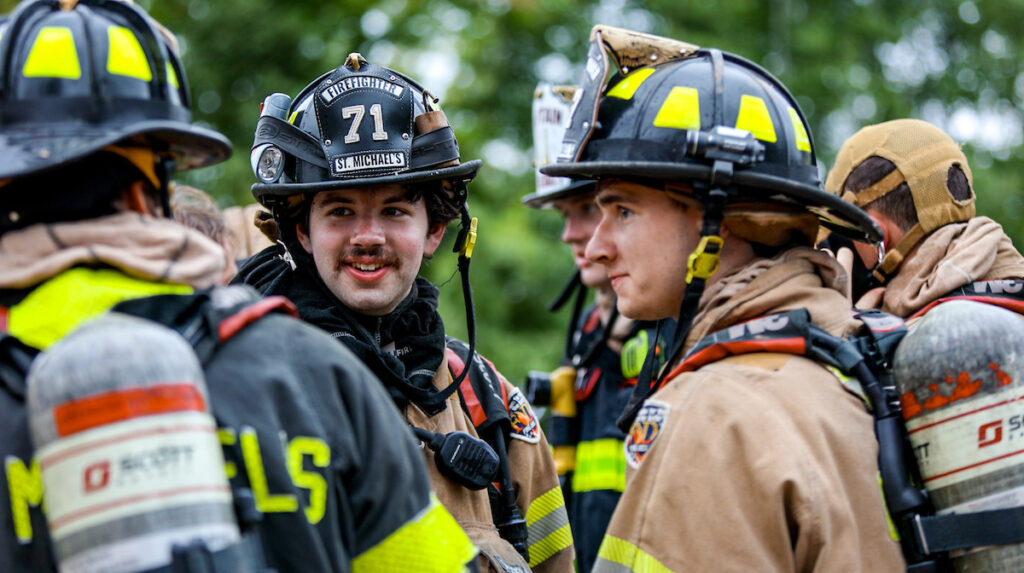Each year Saint Michael’s College offers a handful of faculty-led academic study trips to unique locations around the globe. With the knowledge that students may not be able to study abroad for an entire semester, the College offers academic study trips as an intensive alternative that still provides invaluable experiences. These trips are a great way for students to integrate their theoretical knowledge from the classroom with the perspective of a new culture or region abroad.
This summer, Saint Michael’s College will send groups of students to Quebec City, Ireland, Denmark, and Wales to explore topics ranging from language immersion to biological field studies.
Quebec City
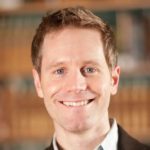
Peter Vantine
Beginning on May 14, students will spend three weeks in Quebec City, immersing themselves in the French language and Quebecois culture. During their three-week stint abroad, students will live with a host family, take intensive language courses, practice their conversational skills, and visit many of the beautiful historical, cultural, and natural sites of Quebec City and the surrounding area.
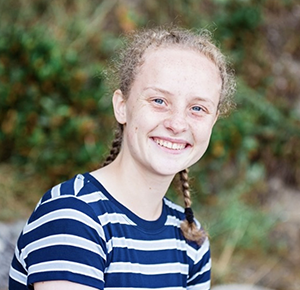
Addy Dolley ’25
Beyond simply roaming the picturesque streets of Quebec City, students on this trip can take planned excursions to iconic landmarks such as the Chateau de Frontenac, the Citadel of Quebec, the provincial parliament, the Museum of Francophone America, Montmorency Falls, a Qeubecqois maple sugaring operation, and a cruise of the Saint-Laurent River.
“Our academic study trip to Quebec City is unique because it is organized around intensive language study. We partner with a language school in Quebec so that each student will participate in an intensive language course at their specific level of proficiency during the three weeks of our program, as well as daily conversation sessions and daily excursions, conducted in French, focused on Quebecois history and culture,” said Saint Michael’s French Professor Peter Vantine, a trip leader.
For Addy Dolley ‘25, a health science major with minors in chemistry and French, she is most excited to improve her fluency in French and see first-hand what it is like to live in Quebec City.
“I’m hoping to gain stronger conversation skills in French and to gain confidence both in myself and in my French,” Dolley said.
Ireland
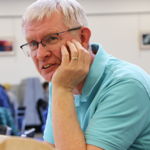
Declan McCabe
Starting on May 12, students will spend two weeks in a fishing village on the southwest coast of Ireland visiting a series of important biological field sites to gather data for statistical analysis. The group will learn a range of field techniques in order to take full advantage of the unique habitats of the Dingle Peninsula.
“The landscape provides a unique island subsample of the European fauna and flora in habitats that lack trees due to historic cultural practices of the Irish population. This setting is utterly distinct from our forested inland Vermont location and this difference profoundly influences the biota we will experience,” Professor Declan McCabe said, one of the trip leaders.
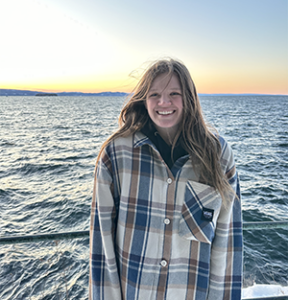
Karli Lafferty ’24
Outside of the time spent in the field, students will also take planned excursions to ancient historical sites and partake in activities such as Irish dancing, a visit to Killarney, cooking lessons, and horseback riding.
“By living in the village, grocery shopping for supplies, and dining in the pubs, this experience will foster more interactions with natives than would be the case in a traditional study abroad campus with a cafeteria,” McCabe said.
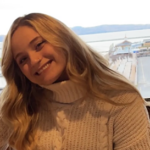
Skyleigh Bickings ’24
For Karli Lafferty ‘24 and Skyleigh Bickings ‘24, they are most excited to experience the culture while simultaneously gaining valuable experiences that will serve them in the future.
“I decided to go on this trip to get hands-on experience. I am unsure of what I want to do as a profession, so this is a good experience to see if I like it,” Lafferty said.
“I hope to gain experience in the field of collecting scientific data so that I can use that gained knowledge in my future career,” Bickings added.
Denmark
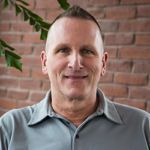
Paul Olsen
From May 15 through May 26, students will stay in Copenhagen to study Danish culture, business, government, and health care. The group will visit prevalent Danish entities including Lego, Parliament, and various health care experts to gain an understanding of how the country’s values inform and influence both business and public policy. Professors Paul Olsen (business and accounting) and Patricia Siplon (political science), the trip leaders, also hope that their students will be able to compare Denmark’s institutions to those of the U.S.
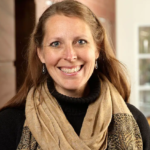
Trish Siplon
“While there are some similarities between both countries, Denmark’s approach to health care is very different as they provide universal health care paid through taxes while our system is largely employer based,” Olsen said.
Students will also visit important cultural sites such as the National Gallery of Denmark, Rosenborg Castle, and Tivoli Gardens.
On the personal level, Professor Olsen also looks forward to sharing his love of Denmark with his students. “My parents were Danish immigrants and we visited Denmark many times as a family,” he said.
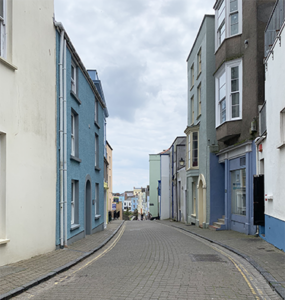
A street scene from the last Saint Michael’s College study trip to Wales in 2019 before the COVID-19 pandemic suspended such opportunities for a time.
Wales
Between May 26 and June 9, students will spend two weeks in the beautiful and diverse natural environment of Wales. While immersing themselves in the nation’s stunning natural landscape, students will focus on how the country has integrated the principle of sustainability throughout its policies, institutions, economy, and culture.
While in Wales, the group will partake in environmental, political, and cultural field studies, on-site guest lectures, and an exchange of research and artistic projects with the faculty and students of University of Wales-Trinity Saint David.
Students will stay in the Carmarthen campus of University of Wales-Trinity Saint David which is only a short walk from Carmarthen, the oldest city in Wales. Here students will have easy access via train to the Welsh Assembly in Cardiff, the Centre for Alternative Technology, and multi-day hikes in the beautiful landscape.

For all press inquiries contact Elizabeth Murray, Associate Director of Communications at Saint Michael's College.
